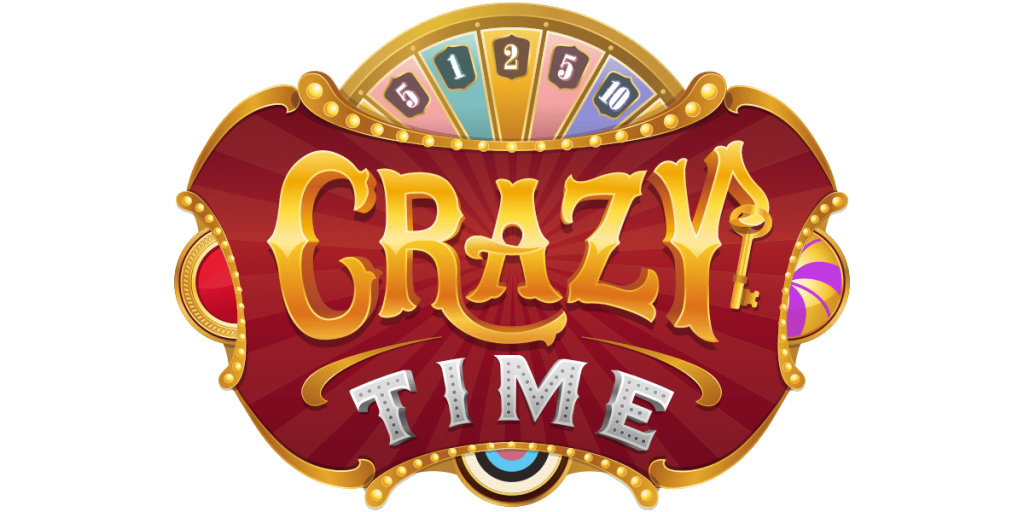Casinos exist to provide entertainment and, for some lucky players, substantial winnings. However, there are unfortunate cases where players encounter issues collecting their winnings — a frustrating situation that raises serious concerns about fairness and legality. If you ever find yourself in this position, it’s essential to act strategically and knowledgeably. This article will guide you through the steps to take if a casino refuses to pay you, whether online or in-person.
Table of Contents
Common Reasons a Casino Might Refuse Payout
Understanding why a casino might delay or deny payment is your first step. Here’s a table outlining common reasons:
| Reason for Refusal | Description |
|---|---|
| Bonus Abuse | Violation of terms related to promotional offers or bonus restrictions |
| Identity Verification Failure | Inability to verify your identity or documents |
| Suspicion of Fraud or Collusion | Suspected cheating or collaborating with other players |
| Unmet Wagering Requirements | Not fulfilling conditions attached to bonus funds |
| Game Glitch or Software Error | Winning due to a system or software malfunction |
| Restricted Jurisdiction | Playing from a country where gambling is not allowed |
If none of these apply to your situation, your case might be stronger than you think.
Steps to Take If a Casino Refuses to Pay
Here’s a step-by-step guide to help you resolve the issue:
Step 1: Stay Calm and Gather Evidence
Your emotions may be high, but it’s important to remain calm and focused. Begin by collecting all relevant evidence, including:
- Screenshots of your balance and the win
- Email or chat conversations with casino support
- Terms and conditions at the time of play
- Proof of identification submitted
- Deposit and withdrawal records
This documentation will be vital if the dispute escalates.
Step 2: Communicate Directly With the Casino
Before escalating the matter, always try resolving the issue directly with the casino:
| Contact Method | Effectiveness | Notes |
|---|---|---|
| Live Chat | High | Immediate but often limited to front-line staff |
| Medium | Allows for detailed communication | |
| Phone (if available) | Low to Medium | Depends on region and support hours |
Be polite but firm. Clearly state your case, attach your documentation, and request a formal explanation for the non-payment.
Step 3: Review Licensing and Regulatory Information
All legitimate casinos, especially online platforms, are licensed by a gambling authority. These licenses often come with player protection rules.
| Jurisdiction | Licensing Authority | Reputation |
|---|---|---|
| UK | UK Gambling Commission (UKGC) | Excellent |
| Malta | Malta Gaming Authority (MGA) | Very Good |
| Curacao | Curacao eGaming | Mixed |
| USA (by state) | Various State Gambling Boards | Varies |
Visit the casino’s website (usually at the footer) to verify its license. Then, contact the authority and file a complaint if the issue is not resolved.
Step 4: Post on Public Forums (If Necessary)
If private attempts fail, consider going public. Reputable casinos care about their image and are more likely to resolve public complaints.
Popular Gambling Forums:
- Casinomeister
- AskGamblers
- Trustpilot (reviews section)
Be factual, professional, and include evidence. Avoid emotional or aggressive language.
Step 5: Consider Legal Action (as a Last Resort)
Legal action is expensive and time-consuming but may be warranted for significant sums. You’ll want to consult a lawyer specializing in gambling disputes, particularly if the casino is within your jurisdiction.
Preventive Measures for the Future
| Tip | Why It Helps |
|---|---|
| Only play on licensed casinos | Ensures regulatory oversight |
| Read the terms and conditions | Helps you understand wagering and withdrawal requirements |
| Avoid using VPNs | Playing from restricted areas can void winnings |
| Verify your identity early | Speeds up withdrawal processing and avoids later disputes |
| Avoid suspicious bonuses | Unrealistic offers are often tied to complicated conditions |
Being denied your rightful winnings can be deeply frustrating — but don’t give up. By following the right steps, from collecting documentation to contacting regulators, you greatly improve your chances of a fair outcome. Start by communicating with the casino directly, then escalate to regulators or ADR bodies if necessary. And in the future, always choose reputable, licensed casinos to reduce the chances of conflict.
Remember: knowledge is your most powerful tool in the world of gambling.

